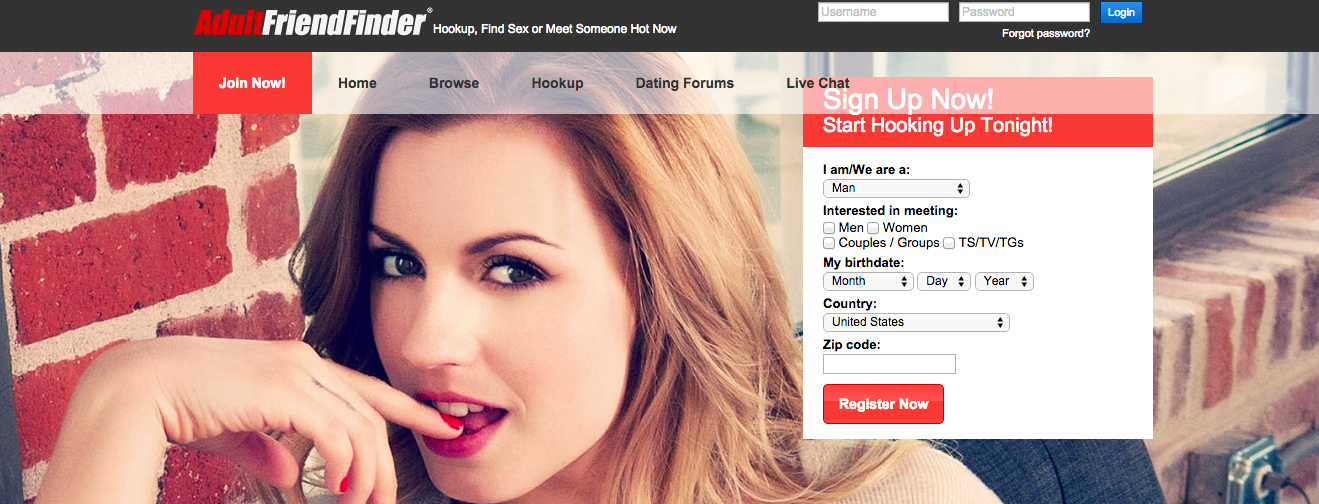More than a year after online dating site AdultFriendFinder.com suffered a hack that exposed sensitive account information for nearly four million users, the website and its parent company have reportedly been hit with a much larger breach affecting some 412 million accounts. [More]
Data & Privacy

Facebook Briefly Killed A Lot Of People This Afternoon
Are you okay? For a brief but deeply weird period this afternoon, Facebook killed a substantial part of its user base, telling their friends to “remember” them. These people were, to be clear, mostly alive. [More]
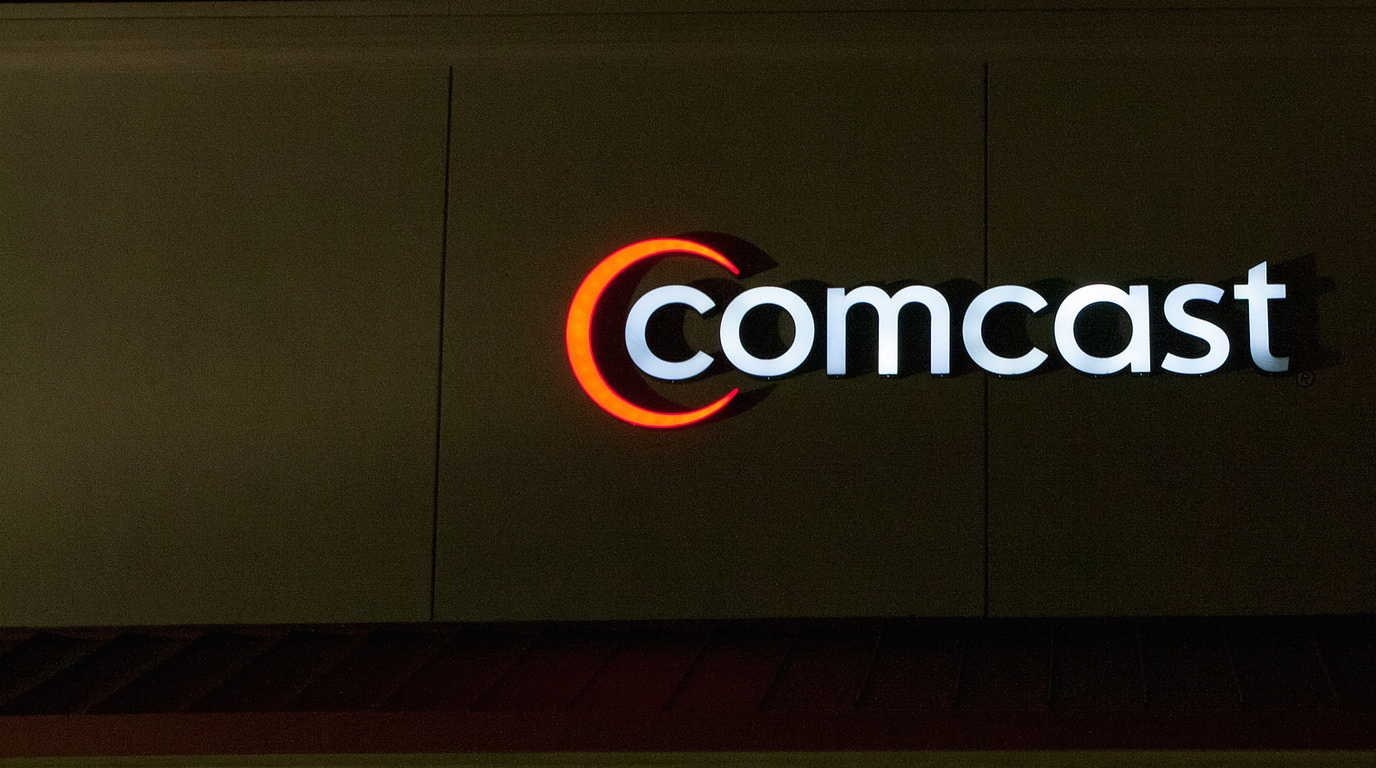
Why Comcast Is Letting Other Cable Companies Use Its X1 Platform
The modern media landscape is a little tricky. Viewers are watching more video than ever, but they’re also watching less TV. In fact, the meaning of “TV” itself, as well as “cable,” is changing constantly. But remarks from a Comcast Cable executive at a conference on Thursday show that the nation’s largest cable company is ready to make money off of you no matter what the future holds. [More]
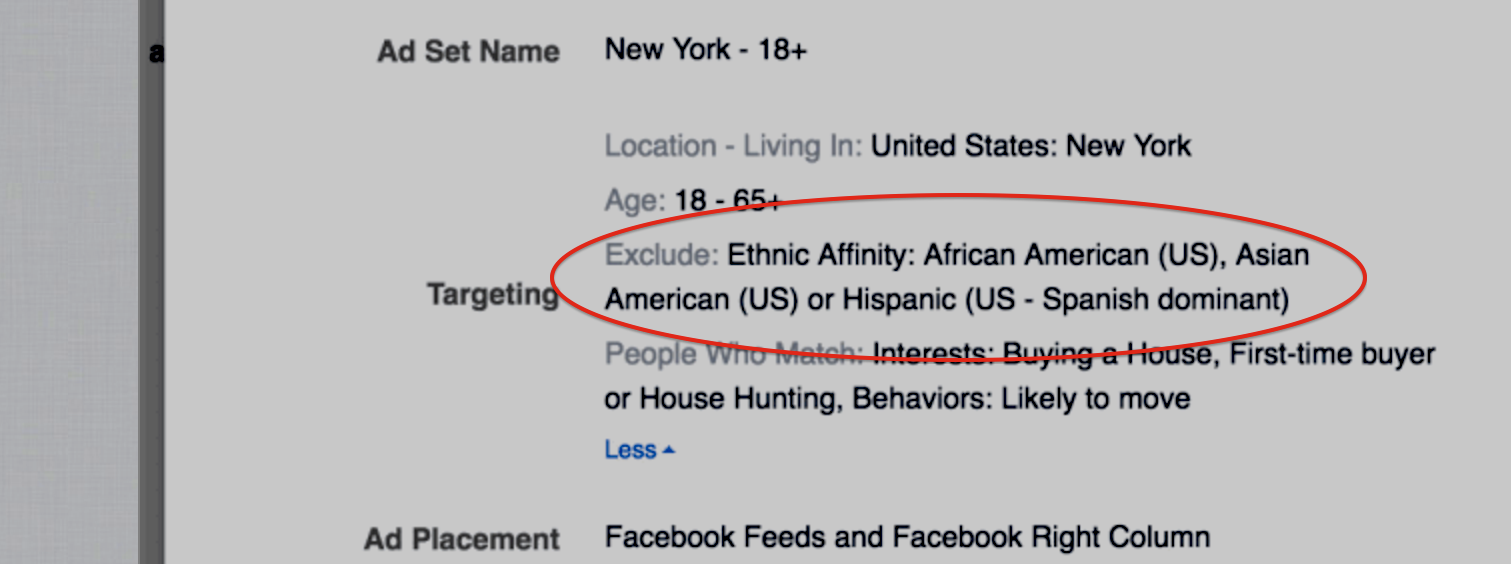
Facebook Tweaks Its “Ethnic Affinity” Advertising Feature To Address Discrimination Concerns
After coming under fire for allowing advertisers to use race-related information to exclude entire swaths of Facebook users from seeing an ad, the social media company has decided to tweak this feature to address concerns that it could be used to illegally discriminate against people based on their perceived ethnicity. [More]

Yahoo Knew About Giant Hack As Early As 2014
Back in September, Yahoo was forced to admit that it had suffered a security breach — a big one. A “whoops, there goes 500 million users’ data” one. Since then, both the public and potential acquirer Verizon have been asking: what did Yahoo know, and when did they know it? And the answer now seems to be: not as much as they should have, but way earlier than they said. [More]

Snapchat Totally Ready To Start Supporting Wearable Spectacles It Doesn’t Sell Yet
Many months ago, we learned that Snapchat was probably working on some kind of wearable devices. Now, we know what it’s called — and have proof that it should be available to buy much sooner rather than later. [More]
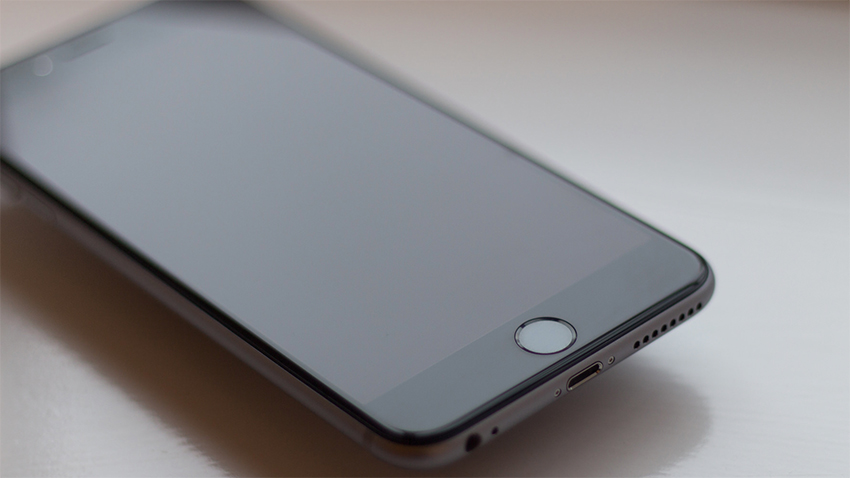
Watch Out For Fake Retailer Apps On Your iPhone This Holiday Season
It feels like pretty much every major chain retailer out there now has an accompanying app they want you to download to your phone. These are supposed to enhance your shopping experience, provide you with targeted discounts, and provide the retailer with a wealth of useful data. What they aren’t supposed to do, though, is steal your private information — but there are a whole lot of clones out there that do just that, and in the run-up to the holiday shopping season, they’re popping up like mad. [More]
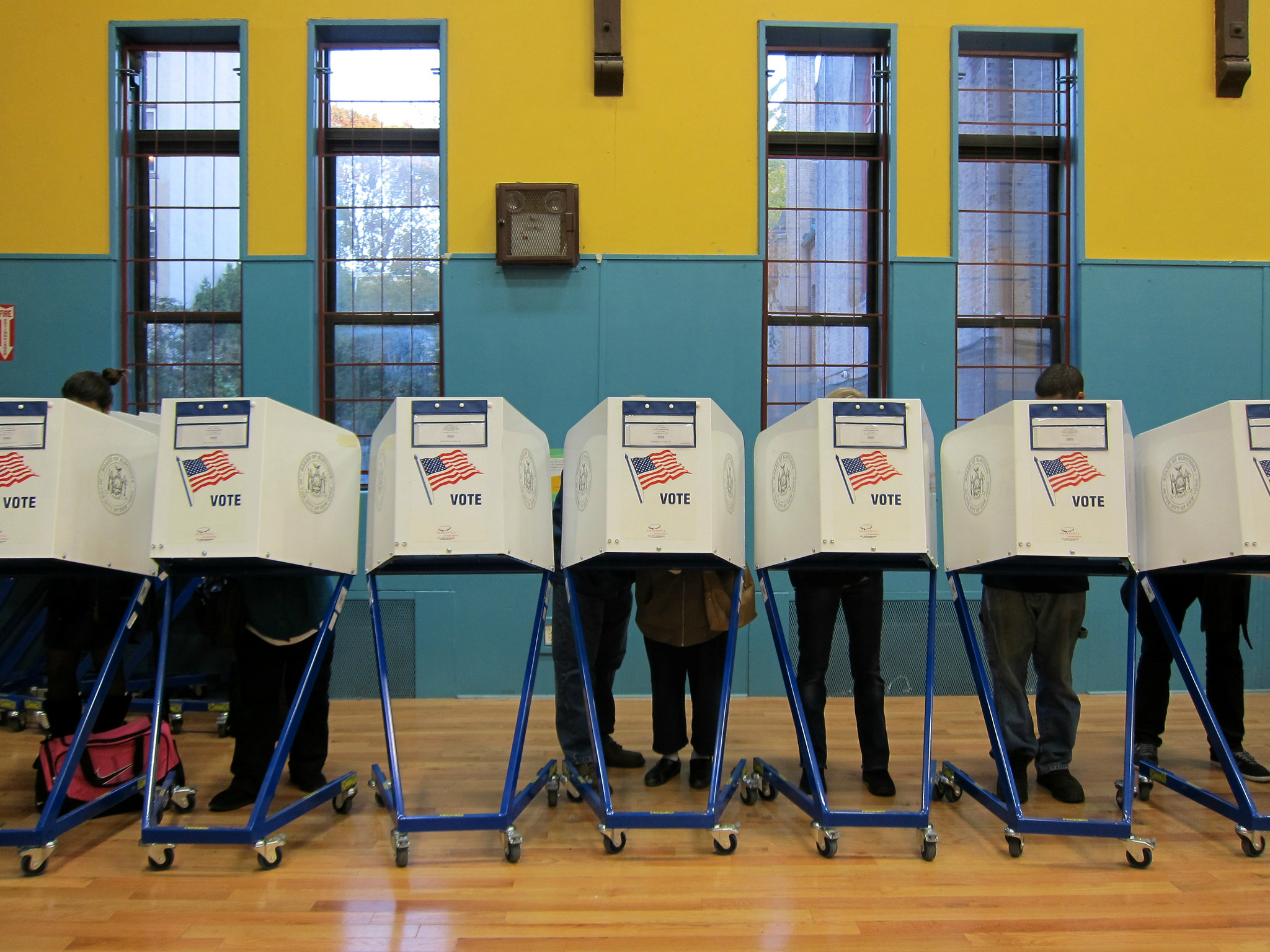
Court Says Ballot Selfies Are Illegal In New York, At Least For This Election
Weeks after one federal appeals court ruled that New Hampshire’s ban on photos inside the voting booth is unconstitutional, a federal district court judge in New York state has come to a different conclusion about that state’s prohibition against sharing photos of your ballot. [More]
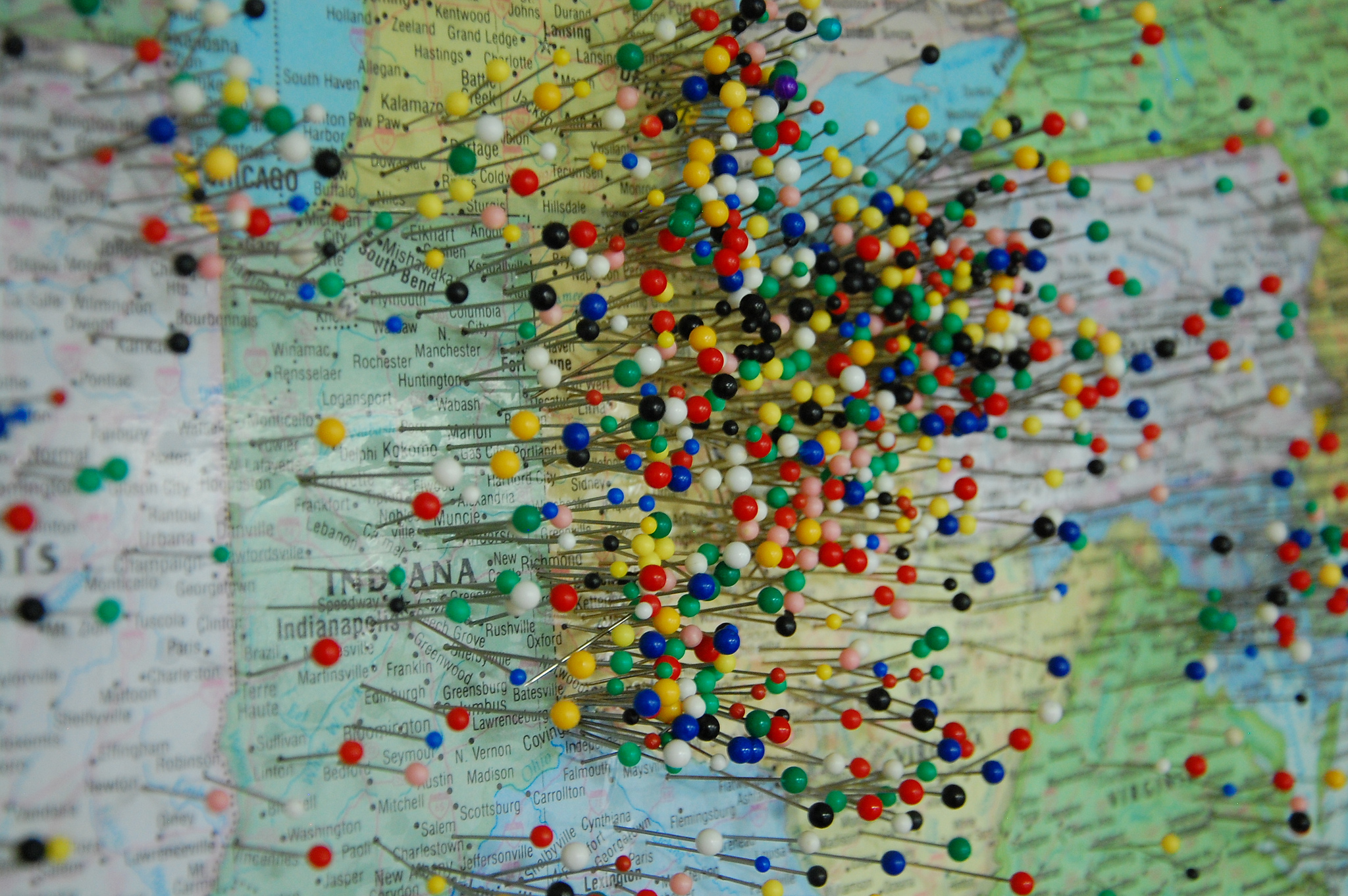
Should Police Need A Warrant To Obtain Your Cellphone Location Data?
On TV and in the movies, when the police want location information on a suspect’s cellphone, the world-weary detectives just mosey into the office of a wireless company and bully/sweet-talk the receptionist into handing over this information by saying things like “You don’t want us to have to wait here while we get a warrant, do you?” In the real world, it’s not that simple, and the question of whether or not an actual warrant is needed has yet to be resolved. [More]

Judge: George Washington Did Not Care About Biometric Data Storage
We live in a world that’s constantly throwing new technology, new business, and new quandaries at us. Facebook, Google, Amazon, Uber, Twitter, and the smartphone that we use to access them all on either didn’t exist, or existed very differently, as recently as a decade ago. The framework for our legal system, however, was built in the 18th and early 19th centuries. And that means sometimes trying to apply to the latter to the former can result in entertaining, if accurate, dissonance. [More]

Facebook Allows Advertisers To Exclude Users Based On “Ethnic Affinity”
Advertisers have always targeted their marketing to the demographic most likely to be interested in their product, but is there a difference between running an ad that you know will probably mostly be seen by people who fall into just one ethnic group and an ad that actively excludes people outside of that group? [More]
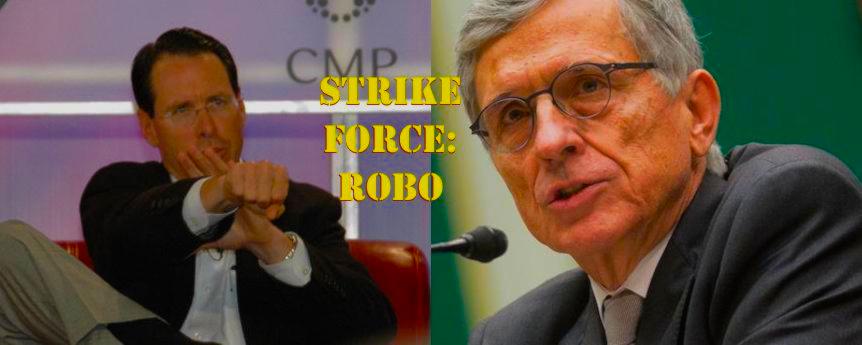
After 60 Days, What Has The “Robocall Strike Force” Accomplished?
Two months ago, AT&T CEO Randall Stephenson accepted the challenge of FCC Chair Tom Wheeler to head up an industry-led “Strike Force” to finally do something meaningful to curb unwanted, often illegal, robocalls, and to give consumers free tools they can use to try to block these calls. The team was given 60 days to get this ship headed in the right direction, and now that time has passed a verdict is in: Much was accomplished, but consumers still don’t have the tools they need. [More]

23 Lawmakers Want To Know What DOJ Would Do With Expanded Hacking Authority
The U.S. Congress has a month to decide on what it should do about a pending rule change that would arguably grant federal law enforcement agencies more authority to remotely hack into computers. Congress can let this amended rule go into effect by doing nothing, so before they let their idleness get the better of them, a group of nearly two-dozen members of the House and Senate are now pushing the Justice Department for more details. [More]
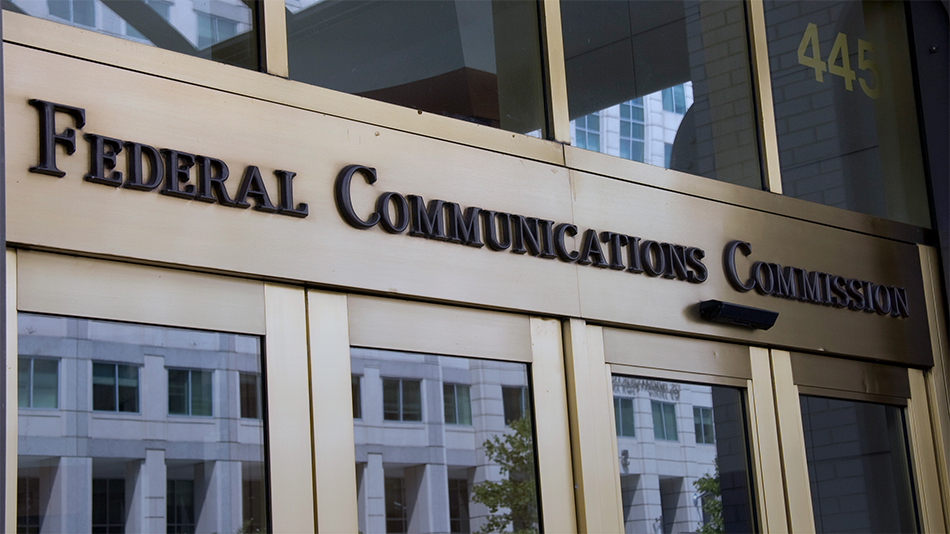
FCC Adopts New Privacy Rule Limiting What ISPs Can Do With Your Personal Data
Privacy is a complicated thing, especially online. While we all know companies like Google, Facebook, and Amazon — edge providers, in the parlance of regulators — collect and use our data, fewer of us think about how much the owners of the metaphorical pipes can see passing through them. So to that end, the FCC voted today to adopt rules designed to limit how much of internet subscribers’ data ISPs can sell, share, and trade, and to let customers have some more control over the uses of their personal information. [More]

Verizon Executive: We’re Still Waiting For More Info On Yahoo Breach
Yahoo’s data breach affecting the accounts of half a billion customers will probably have an effect on its pending acquisition by Verizon, and that effect will be a “material” one that will affect how much Verizon pays. A Verizon executive explained at a technology conference today that the company still needs more information about the hack before tying the knot. [More]

Senator Asks Federal Agencies For Information On Massive Internet Of Things Breach
A massive denial of service attack last week has already resulted in the recall of a number of webcams that may have been used to aid hackers in taking popular sites like Twitter, Github, Reddit, and others offline throughout the day. Now, lawmakers are asking federal agencies what else can be done to prevent future attacks. [More]


